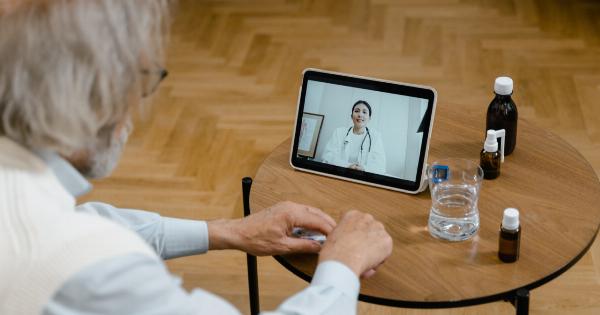As a woman, it’s important to take care of your health and well-being. One of the best ways to do this is by getting regular medical exams. By getting these exams, you can detect and prevent potential health problems before they become more serious.
Here are the top 12 medical exams every woman should have:.
1. Pap Smear Test
A Pap smear test is used to detect any abnormalities in cervical cells that could potentially turn into cervical cancer. Women should have their first Pap smear test at the age of 21 and continue to have them every three years until the age of 30.
After the age of 30, women can have a Pap smear test every five years as long as they get tested for HPV with it.
2. Breast Exam
A breast exam is used to detect any lumps or abnormalities in the breasts that could be indicative of breast cancer.
Women should perform self-exams regularly at home and also have a clinical breast exam performed by a doctor every three years starting at the age of 20. After the age of 40, women should have a mammogram every one to two years.
3. Pelvic Exam
A pelvic exam is used to examine a woman’s reproductive and sexual organs for any abnormalities. This exam typically includes a Pap smear test, a physical exam of the uterus and ovaries, and an assessment of any vaginal discharge or discomfort.
Women should have their first pelvic exam at the age of 21 or when they become sexually active.
4. Mammogram
A mammogram is used to screen for breast cancer in women over the age of 40 or for those who have a high risk of developing breast cancer. A mammogram is a specialized x-ray that takes images of the breast tissue.
This exam can detect even small abnormalities in the breast tissue, making it an important tool in the early detection and prevention of breast cancer.
5. Bone Density Test
A bone density test is used to measure the density of the bones and to determine if a woman is at risk for osteoporosis.
Women over the age of 50 should have a bone density test every two years to monitor bone density and to detect any changes that could lead to osteoporosis.
6. Colonoscopy
A colonoscopy is used to detect early signs of colon cancer. Women should have their first colonoscopy at the age of 50 and then every 10 years thereafter if no abnormalities are found.
If a woman has a family history of colon cancer or polyps, they should have a colonoscopy every five years starting at the age of 40.
7. Skin Exam
A skin exam is used to detect any abnormalities or changes in the skin that could be indicative of skin cancer.
Women should have a skin exam performed by a dermatologist every year, especially if they have a family history of skin cancer or if they spend a lot of time in the sun.
8. Eye Exam
An eye exam is used to detect any changes in vision or other eye problems. Women should have a comprehensive eye exam every two years starting at the age of 40, or every year if they wear glasses or contacts or have a history of eye problems.
9. Blood Pressure Screening
A blood pressure screening is used to monitor blood pressure levels and to detect any potential problems.
Women should have their blood pressure checked at least once a year starting at the age of 18, or more frequently if they have high blood pressure or a family history of heart disease or stroke.
10. Cholesterol Screening
A cholesterol screening is used to monitor levels of cholesterol in the blood and to detect any potential problems.
Women over the age of 20 should have their cholesterol levels checked at least once every five years, or more frequently if they have high cholesterol or a family history of heart disease or stroke.
11. Blood Glucose Screening
A blood glucose screening is used to monitor blood sugar levels and to detect any potential problems with diabetes.
Women over the age of 45 should have their blood sugar levels checked at least once every three years, or more frequently if they have high blood pressure or a family history of diabetes.
12. Thyroid Test
A thyroid test is used to monitor thyroid levels and to detect any potential problems with the thyroid gland.
Women over the age of 35 should have their thyroid levels checked every five years, or more frequently if they have a family history of thyroid problems.
By getting these 12 medical exams regularly, women can ensure that they are taking care of their health and well-being.
These exams can detect potential health problems before they become more serious, making them an essential tool in the prevention and early detection of many diseases.






























